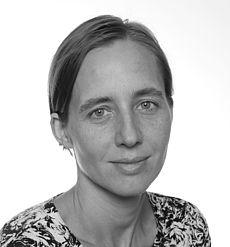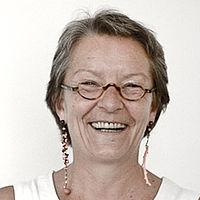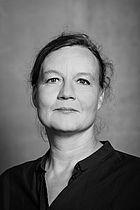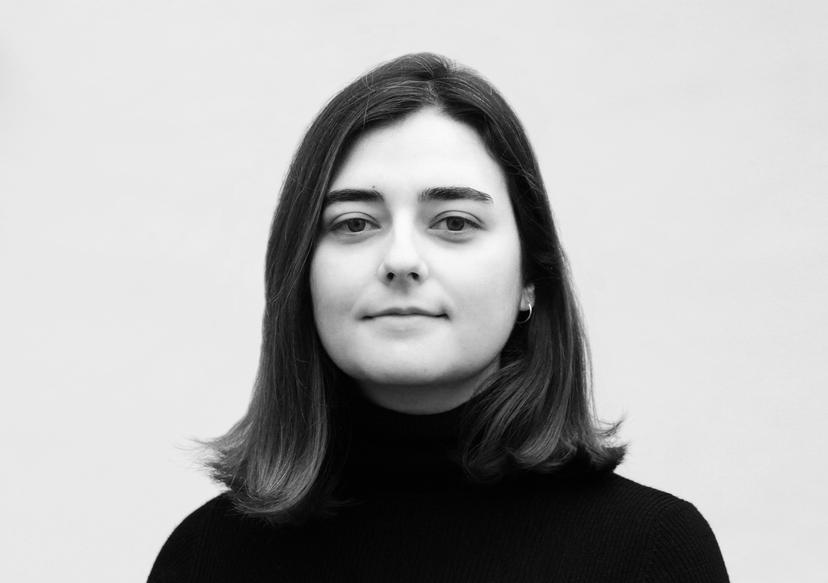- Teaching
- Urban Design Projects
- October 22, 2020
Urban Design Project I 2020/21. Uncertainty and the Future Development of Inner-Cities
Klimawandel, Bevölkerungswachstum und dynamisierte Urbanisierungsprozesse, politische und wirtschaftliche Instabilitäten, soziale Umwälzungen oder der Ausbruch von Krankheiten kennzeichnen die Zeit, in der wir leben. Wenngleich das Ausmaß und ihre Folgewirkungen der Krisen ungeahnte Dimensionen erreicht haben, so ist die ‚Krise‘ an sich nichts neues. Neu ist der Verlust sicher geglaubter Gewissheiten in einer zunehmend komplex verwobenen Welt. Die Menschen fühlen sich überfordert, die sozialen und räumlichen Transformationen verstärken die Ängste der Stadtbewohner:innen, was zu immer neuen Konflikten und Spannungen führt. Sich in der Welt einzurichten wie sie ist, eröffnet auf der anderen Seite neue Verbindungen menschlicher und nicht-menschlicher Akteure, die alternative urbane Erzählungen und Praktiken hervorbringen könnten. Gerade die Vorstellungen und Imaginationen von Zukunft bilden ein "unerschöpfliches Reservoir der Unsicherheit“ (Nowotny 2016). Sie sind aber auch ein Anreiz dafür, die gegenwärtigen Bedingungen zu erforschen, aus vergangenen Erfahrungen zu lernen und neues Wissen zu produzieren. So kann Unsicherheit eine Linse sein, um konstitutive, komplexe und wirkmächtige Prozesse zu beleuchten. Ungewissheit ist eine Perspektive zur Analyse wirtschaftlicher, politischer und sozio-kultureller gesellschaftlicher Entwicklungen und kann gleichermaßen eine produktive Kraft in der Neugestaltung städtische Lebensbedingungen sein. An diesem Punkt sind Stadtplaner:innen und Urban Designer:innen mit der Frage konfrontiert, wie sie mit einem konstruktiven Umgang mit Ungewissheit „Städte als Orte der Möglichkeiten“ (Simone 2016) gestalten können.
Wir werden uns mit diesem Jahresthema auf die Hamburger Innenstadt konzentrieren, die in den letzten Jahrzehnten vielfachen Transformationen unterlegen ist. Themen, Orte und Debatten wie Konsum, Freizeit, Tourismus, Wohnen und öffentlicher Raum bilden Schwerpunkte der Forschungsprojekte.
Im UDP1 wird die Innenstadt von Hamburg zunächst einer qualitativen Bestandsaufnahme unterzogen, es werden Inventare städtischer Orte der Unsicherheit erkundet, sowie Analysen materieller Bedingungen, politischer Programme, sozialer Praktiken und Handlungen erstellt.
english
Climate change, global population growth and dynamic urbanization processes, political and economic instabilities, social upheavals, and the outbreak of diseases characterize the times we are living in. Although the extent and consequences of the crises have reached unimagined dimensions, the 'crisis' itself is nothing new. What is new is the loss of certainties that were believed to be certain in an increasingly complex, interwoven world. On the one hand, social and spatial transformations increase the anxieties of urban citizens, leading to constant conflicts and tensions; on the other hand, these social and spatial transformations allow new connections between human and non-human actors that could inspire alternative future urban narratives. It is precisely the ideas and imaginations of the future that form an "inexhaustible reservoir of insecurity" (Nowotny 2016). But they are also an incentive to explore the present conditions, to learn from past experiences, and to produce new knowledge. Thus, uncertainty can be interpreted as a lens for illuminating constitutive, complex, and powerful processes. Uncertainty is a perspective for analyzing economic, political and socio-cultural developments, and can equally be a productive force in the redesign of urban living conditions. At this point, urban researchers and designers are confronted with the question of how they can constructively deal with uncertainty to (re-)design "cities as sites of potentiality" (Simone 2016).
With this annual theme, we will concentrate on Hamburg's city center, which has undergone many transformations in recent decades. Topics, sites, and debates such as consumption, leisure, tourism, housing, and public space will be the focus of the research projects.
UDP1 will explore the notions of uncertainty in the inner city of Hamburg through qualitative methods, inventories of urban places, and analyses through material conditions, political programs, social practices, and agencies.
contributors

Prof. Dr. Monika Grubbauer
Professor, History and Theory of the City

Prof. Dipl. Ing. Bernd Kniess
Professor, Urban Design

Prof. Dr. Ingrid Breckner
Professor, Urban and Regional Sociology

Prof. Dr. Kathrin Wildner
Professor, Culture Theory and Cultural Practice

M.Sc. Gözde Sarlak-Krämer
Academic Staff, Ph.D. Candidate

M.Sc. Anais Wiedenhöfer
Lecturer
2020/2021
(The) Urban Unknown

Planning in Times of Uncertainty
Klimawandel, Bevölkerungswachstum und dynamisierte Urbanisierungsprozesse, politische und wirtschaftliche Instabilitäten, soziale Umwälzungen oder der Ausbruch von Krankheiten kennzeichnen die Zeit, in der wir leben. Wenngleich das Ausmaß und ihre Folgewirkungen der Krisen ungeahnte Dimensionen erreicht haben, so ist die ‚Krise‘ an sich nichts neues. Neu ist der Verlust sicher geglaubter …
